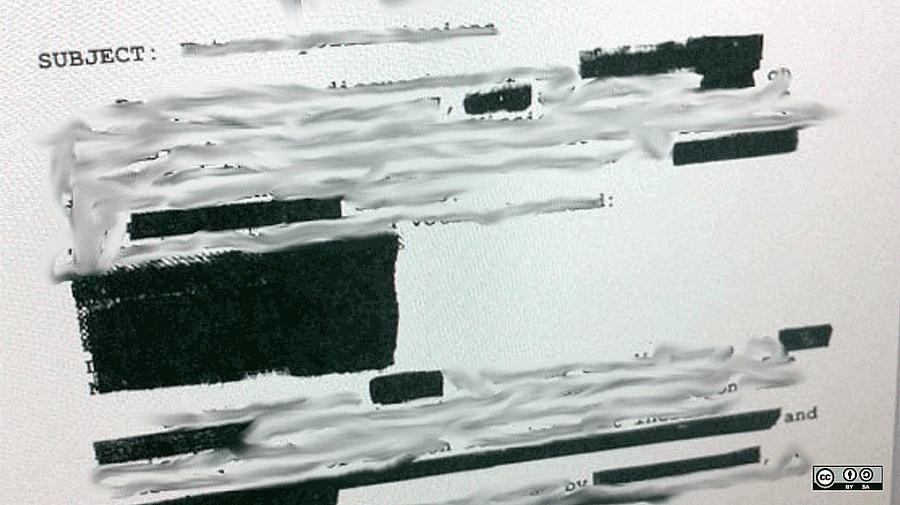Under new law, medical board reveals some doctor discipline, hides rest

The Medical Board of California is about to redecorate. And, depending on which room you wander into, you may find yourself really pleased or really ticked off.
Let me explain.
In 2003, the California Medical Association won a huge victory in the state by persuading legislators to force the medical board to remove public records from its online database after 10 years. So, if a doctor’s actions resulted in the death of a patient – or two, or three – and the medical board punished that doctor, 10 years later, it was as if those deaths had never happened, according to the database. The families would certainly remember the deaths. But the doctor would be free to pursue a medical career with that bit of unseemly business erased.
This resulted in the medical board removing public records from its online database at a pace of more than 30 records per month, according to Kathy Robertson at the Sacramento Business Journal.
Patient safety advocates didn’t like this. And they made various efforts over the years to reverse the law. None succeeded until this year when the medical board proposed a change in the rules. Assembly Bill 1886 was sponsored by Assemblywoman Susan Talamantes Eggman (D-Stockton), passed and signed by the governor. The new rules will go into effect when the calendar turns to 2015.
But the changes will come with compromises.
To make the California Medical Association happy, the bill was modified to exclude a variety of records from the online database. Some records will stay on the website and others will now come off. The result is that a physician’s entire disciplinary history will not be fully disclosed indefinitely in many cases.
Here’s the breakdown:
These actions against a physician will be posted online indefinitely:
- Any final revocations, suspensions, or surrenders -- or other equivalent actions taken by another state — including the related accusation.
- Probation or other equivalent action ordered by the board or another state, including the related accusation.
- Felony convictions.
- Misdemeanor convictions resulting in a disciplinary action or accusation that is not subsequently withdrawn or dismissed.
- Civil judgments issued in any amount, whether or not vacated by a settlement after entry of the judgment, that were not reversed on appeal “for a claim or action for damages for death or personal injury caused by the physician and surgeon’s negligence, error, or omission in practice, or by his or her rendering of unauthorized professional services.”
- Arbitration awards issued in any amount, “for a claim or action for damages for death or personal injury caused by the physician and surgeon’s negligence, error, or omission in practice, or by his or her rendering of unauthorized professional services.”
- Revocation or termination of hospital staff privileges for medical disciplinary cause or reason, as long as the revocation remains in effect.
- Public letters of reprimand issued by the board or another state, including the related accusation.
- Hospital staff privileges that have been revoked or terminated but later restored.
- Malpractice settlements in the amount of $30,000 or more “of any claim or action for damages for death or personal injury caused by the physician and surgeon’s negligence, error, or omission in practice, or by his or her rendering of unauthorized professional services.” Note that these only will be posted if a physician who is considered to be in the “high risk” category has four or more settlements in five years, or if a physician in the “low risk” category has three or more settlements. That’s a very high bar, and I will write about that in future posts.
- Citations issued within the last three years that have been resolved by payment of the administrative fine or compliance with the order of abatement.
- Temporary restraining orders.
- Interim suspension orders.
- Revocations, suspensions, probations, or limitations on practice ordered by the board or the board of another state.
- Current accusations filed by the attorney general.
- Citations issued that have not been resolved or appealed within 30 days.
As you can see, even with these new rules, there is still a lot of information that will disappear from public view. The new rules undoubtedly will result in new attempts by physicians and their attorneys to negotiate with hospitals, plaintiffs, and the medical board in ways that will allow them to avoid disclosure. For example, the mere fact that hospital peer review actions have been subject to disclosure has discouraged hospitals from conducting peer review and reporting those actions to the board.
I’ll write more about some of the potential problems with the new law in my next post.
Photo by opensource.com via Flickr.
Next post:
New medical board rules will allow doctors’ misdeeds to go unnoticed
